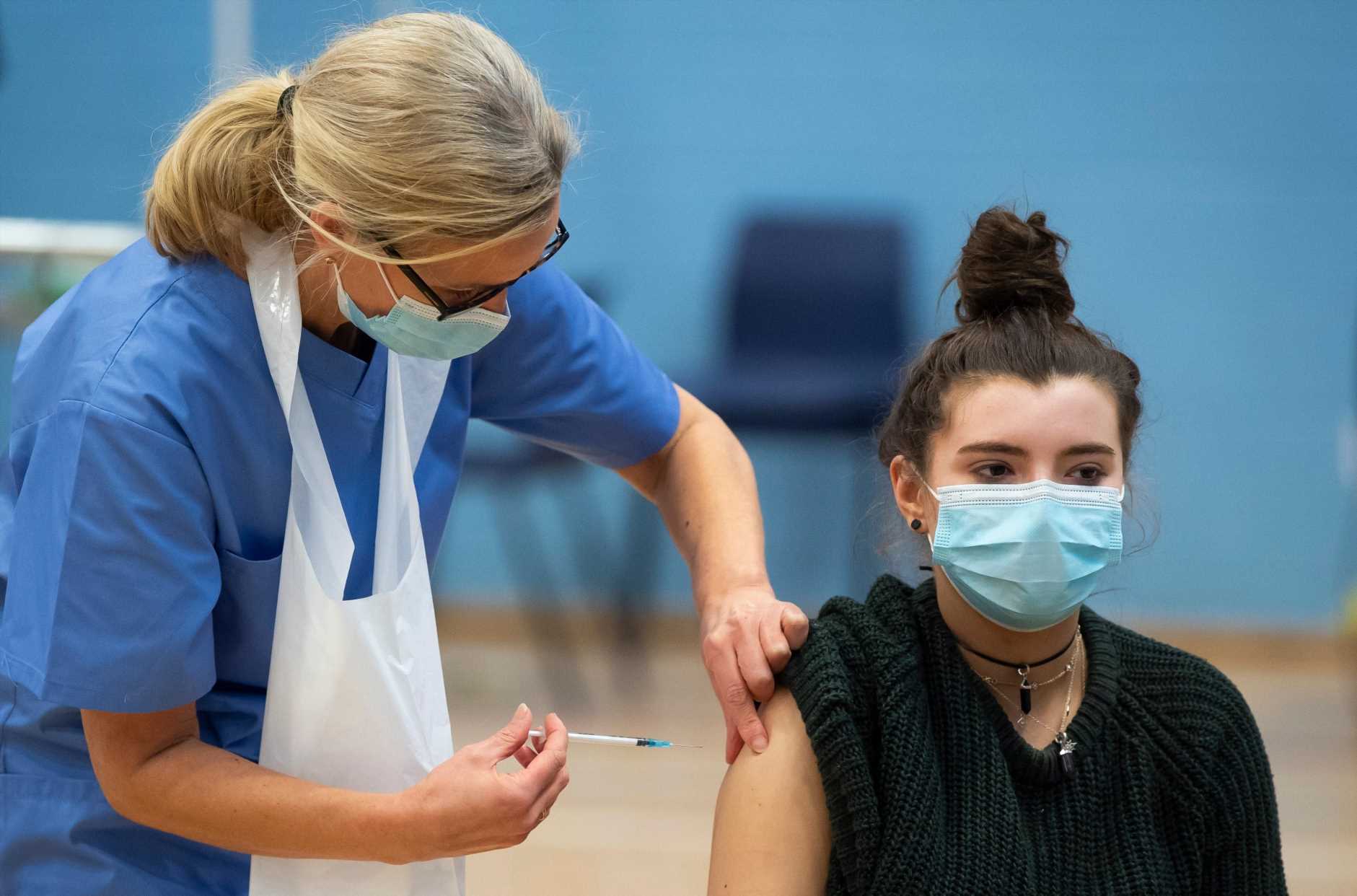THE risk of severe illness or death from Covid is "extremely low" in kids as 99.995% of young people infected with the bug survived, a study has revealed.
While catching Covid increased the likelihood of serious illness in kids with pre-existing medical conditions and severe disabilities, the overall risk remained low, the research found.
🔵 Read our coronavirus live blog for the latest updates
One of the studies, led by paediatric registrar at the University of Bristol Dr Clare Smith, found that 61 children and young people had died with a positive Covid test from March 2020 through to February 2021.
Of these, some 40 per cent died of Covid, meaning that 25 children and young people actually died from the virus out of an estimated 469,000 infections.
Dr Smith told reporters at a briefing this meant that "99.995% of children and young people who were infected with Covid in England survived".
The study was led by researchers at University College London, Imperial College London and the universities of Bristol, York and Liverpool.
Another study, led by Dr Joseph Ward of the UCL Great Ormond Street Institute of Child Health, found that 251 young people aged under 18 in England were admitted to intensive care with Covid during the first year of the pandemic until the end of February 2021.
Researchers said this equated to young people of that age group in England having a one in approximately 50,000 chance of being admitted to intensive care with Covid during that time.
Russell Viner, a professor of child and adolescent health at UCL and a member of Sage, told the briefing: "We did find that for some vulnerable groups risk was higher, and quite a bit higher, but it's really important to say that, for example, twice a very tiny risk is still a very, very tiny risk.
"Even 10 times a very, very tiny risk is still a very, very tiny risk."
Prof Viner said the risk factors found were "pretty identical" to those which could be identified in adults, such as older age, non-white ethnicity, obesity and having more than one health condition, in particular cardiovascular disease as well as diabetes.
He also said those at a higher risk were those who would have for some years been at risk for "almost any winter virus".
The UK's Joint Committee on Vaccination and Immunisation, the Department of Health and Social Care, and the World Health Organisationhave been sent the preliminary findings.
Prof Viner said: "I think there's a general feeling among paediatricians that probably too many children were shielded in the first elements of the pandemic, and that there's probably very few children who need to shield, I think, according to this data."
He added: "In one sense, we confirm that the risk is extremely low.
"However, we do show for some groups that there is a risk of death, for example the neurodisability group."
But Dr Liz Whittaker, clinical lecturer and consultant paediatric infectious diseases and immunology at Imperial College London, said the vast majority of children would gain much greater benefits from being in society, going to school and getting exercise.
"Those benefits much far outweigh any potential tiny risk of becoming severely unwell with Covid," she said.
The JCVI is reviewing data from vaccine trials on children and young people to decide whether to extend the rollout.
The Medicines and Healthcare products Regulatory Agency authorised the use of the Pfizer jab in 12 to 15-year-olds in June.
Source: Read Full Article








